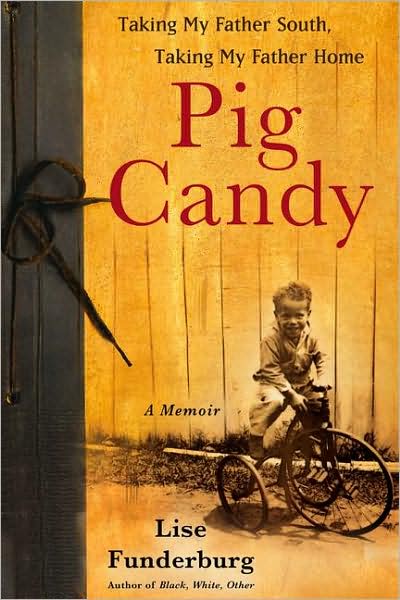Who is Latino?Posted in Articles, Census/Demographics, Latino Studies, Media Archive, Social Science, United States on 2013-06-21 21:19Z by Steven |
The Washington Post
2013-06-21
Carlos Lozada, Editor of Outlook, The Washington Post’s Sunday section for opinion, analysis
‘Shut up, you stupid Mexican!”
The words spewed from the mouth of a pale, freckle-faced boy, taunting me on our elementary school playground.
I wish I could recall what I said to inspire the insult. But more than three decades later, I remember only my reply. “Stupid Peruvian,” I pointed out, wagging my finger.
My family had emigrated from Lima to Northern California a few years earlier, so my nationality was a point of fact (whereas my stupidity remains a matter of opinion). The response so confused my classmate that my first encounter with prejudice ended as quickly as it started. Recess resumed.
Today, my grade-school preoccupation with nationality feels a bit quaint. Peruvian or Mexican — does it even matter? We’re all Latinos now…
…If all ethnic identities are created, imagined or negotiated to some degree, American Hispanics provide an especially stark example. As part of an effort in the 1970s to better measure who was using what kind of social services, the federal government established the word “Hispanic” to denote anyone with ancestry traced to Spain or Latin America, and mandated the collection of data on this group. “The term is a U.S. invention,” explains Mark Hugo Lopez, associate director of the Pew Hispanic Center. “If you go to El Salvador or the Dominican Republic, you won’t necessarily hear people say they are ‘Latino’ or ‘Hispanic.’ ”
You may not hear it much in the United States, either. According to a 2012 Pew survey, only about a quarter of Hispanic adults say they identify themselves most often as Hispanic or Latino. About half say they prefer to cite their family’s country of origin, while one-fifth say they use “American.” (Among third-generation Latinos, nearly half identify as American.)
The Office of Management and Budget defines a Hispanic as “a person of Cuban, Mexican, Puerto Rican, South or Central American, or other Spanish culture or origin regardless of race” — about as specific as calling someone European.
“There is no coherence to the term,” says Marta Tienda, a sociologist and director of Latino studies at Princeton University. For instance, even though it’s officially supposed to connote ethnicity and nationality rather than race — after all, Hispanics can be black, white or any other race — the term “has become a racialized category in the United States,” Tienda says. “Latinos have become a race by default, just by usage of the category.”…
Read the entire opinion piece here.
